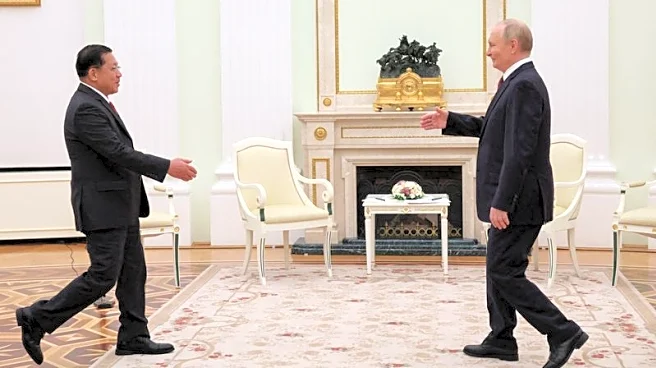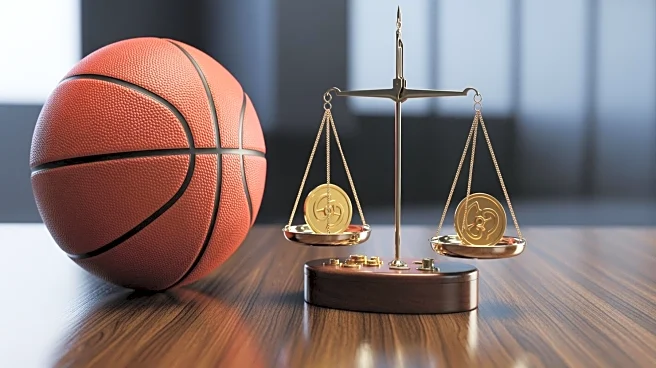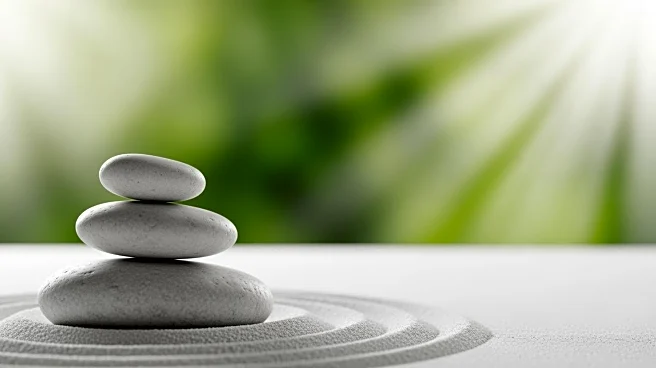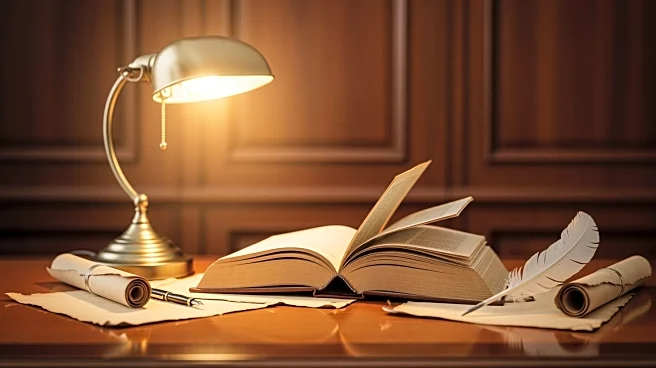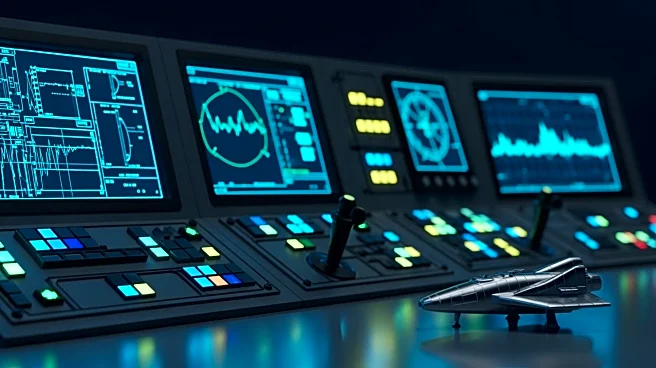By Shoon Naing
(Reuters) -Myanmar's junta chief is becoming a frequent flier.
In the last six months, Min Aung Hlaing has flown to more countries than he did in the years after he grabbed power in a 2021 coup that ousted an elected civilian government.
His travels - part of a diplomatic push by Min Aung Hlaing to win support for a controversial December election - include two trips each to key allies China and Russia, and one each to Thailand, Belarus and, this week, to Kazakhstan.
Together, they have
yielded bilateral talks with Chinese President Xi Jinping, Russia's Vladimir Putin and Indian Prime Minister Narendra Modi, building on momentum that started in the wake of a deadly March earthquake.
"Min Aung Hlaing's frequent foreign trips this year are a reflection of his increased confidence - less elite threats against him, an improved battlefield situation, and eased international diplomatic isolation," said Richard Horsey, senior Myanmar adviser at Crisis Group, referring to the military winning back control of some towns.
A junta spokesperson did not respond to calls seeking comment but state media has featured Min Aung Hlaing's international trips prominently on their front pages, describing them as positive developments for the country.
"To summarise all the trips, all three countries welcomed Myanmar's election," junta spokesman Zaw Min Tun told state media referring to Min Aung Hlaing's most recent trips to China, Russia and Kazakhstan.
After the coup, and the military's crackdown on protesters, Myanmar became a pariah in many capitals, with some countries imposing sanctions on the generals. In an unprecedented move, the 10-member Association of Southeast Asian Nations, which includes Myanmar, banned Min Aung Hlaing and top junta ministers from their summits.
Last November, the prosecutor of the International Criminal Court announced he would seek an arrest warrant against the 69-year-old general for crimes against humanity, limiting his travel options.
Battling an unprecedented nationwide armed uprising against the coup, the junta leader's domestic movements were also minimal.
After four years of extended emergency rule, Myanmar's military in late July announced the formation of an interim government to hold a multi-phase election starting on December 28.
As fighting continues, voting is likely to take place in only around half the country, and dozens of opposition political groups have been banned, leaving only vetted, pro-military parties in the fray - drawing criticism from Western nations that the polls are an exercise to perpetuate Min Aung Hlaing's hold on power.
'JAMBOREE OF AUTHORITARIAN STATES'
In nearly all of his meetings with foreign leaders over the past six months, Min Aung Hlaing has emphasised the military's preparations for the upcoming election, according to state media reports.
During a week-long visit to China in September to attend events including a summit of the Shanghai Cooperation Organisation, Min Aung Hlaing met Xi and India's Modi and shook hands and exchanged a few words with North Korean leader Kim Jong Un.
"Min Aung Hlaing's visit was certainly a boost for his international acceptance, joining what was a jamboree of authoritarian states, and it certainly suggested a closer relationship with Beijing," said David Mathieson, an independent analyst who monitors Myanmar, referring to the summit.
In a statement issued after Xi and the Burmese general met in late October, China's Foreign Ministry said that it "supports Myanmar in unifying all domestic political forces as much as possible and restoring stability and development."
China remains one of the most important foreign partners of Myanmar's military, maintaining close ties with top generals and supplying equipment such as drones.
Beijing has also invested in projects in Myanmar under its Belt and Road Initiative, including an oil and gas pipeline that cuts across the country, and planned infrastructure such as a deep-sea port.
"China has opted to extend a degree of legitimacy to the junta," said independent analyst Ye Myo Hein.
"Beijing's backing could give the military the diplomatic cover and material support it needs to press ahead with this charade."
(Reporting by Shoon Naing; Editing by Devjyot Ghoshal and Kate Mayberry)
